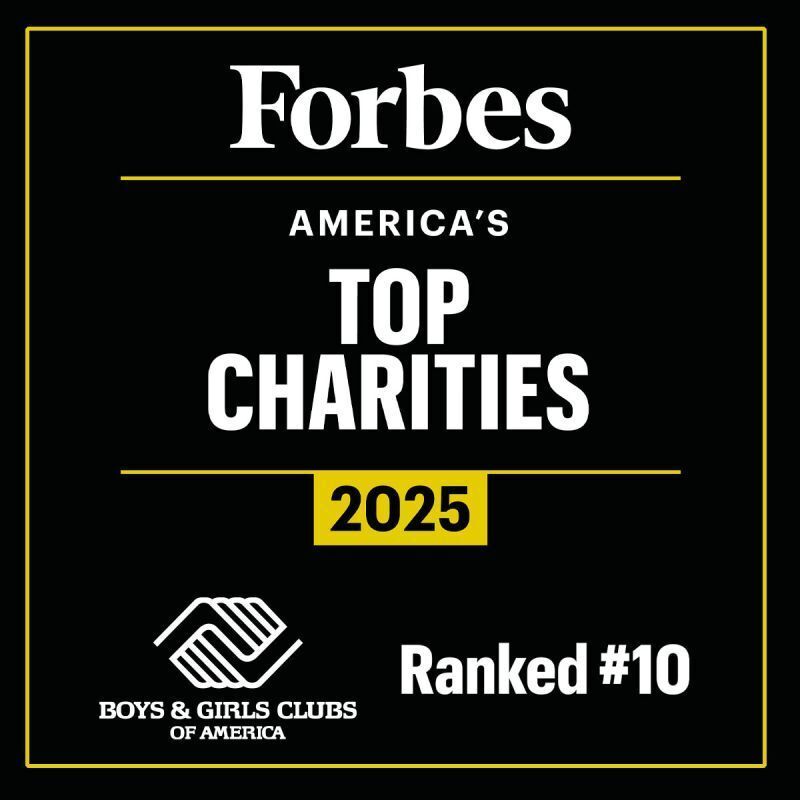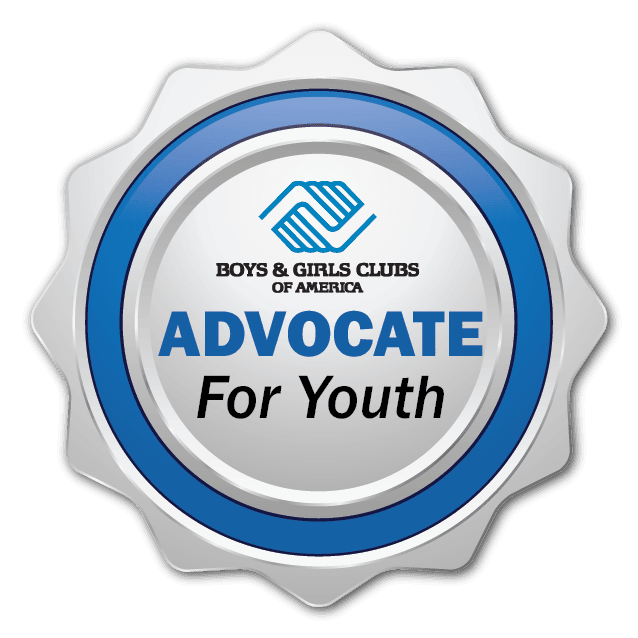Supporting Black LGBTQ+ Youth and Their Mental Health
Posted 04/04/2022 by Boys & Girls Clubs of America in Parent Resources. The below article is revised from a resource on TheTrevorProject.org by Dr. Tia Dole, the organization's Chief Clinical Operations Officer.
According to The Trevor Project, Black LGBTQ+ young people hold multiple marginalized identities with experiences such as discrimination, rejection, threats and violence having the potential to compound and possibly lead to negative mental health outcomes.
In addition, research suggests that Black LGBTQ+ youth are less likely than other LGBTQ+ youth to receive professional counseling, despite having similar rates of mental health disparities. Now more than ever, LGBTQ+ Black young people need support from parents, caregivers and youth development professionals.
Common Feelings
As youth try to cope with heightened social division in recent years, many may be experiencing a variety of feelings such as grief, a sense of hopelessness and helplessness, a desire to disconnect from white allies, rage, fear and numbness, said Dr. Tia Dole, Chief Clinical Operations Officer of The Trevor Project.
Caring adults should reassure them that it is completely normal to experience some or all of these feelings as they are true and valid to their unique experiences. It’s equally important that we provide youth with some ways to understand and cope with the anxiety and stress they may be feeling when seeing social injustice, hate crimes and racial inequities in the news and/or in their communities.
Ways to Help Black LGBTQ+ Youth Cope with Trauma
“What can I do to take care of myself?” is the biggest question on the minds of many youth, said Dr. Dole. Here are a few suggestions to help support Black LGBTQ+ youth as they try to cope with recent events.
- Encourage them to feel their emotions without judgment. This is probably the most challenging one, because it can be difficult for young people to refrain from doubting or questioning their feelings and emotions. Also, young people rarely have the space and time for honest self-reflection. Help them eliminate distractions that may prohibit them from having the time to process all of their emotions.
- Manage the flow of information. News of police brutality and social injustice is everywhere so it is imperative young people know when to disconnect from the flow of information. Try to avoid having TVs on stations that continue to report the event and monitor your information intake on social media. Don’t minimize the event but try to avoid overexposure to media reports.
- Brainstorm with them ways to pivot to action. Feeling out of control or feeling a lack of control can lead to negative emotions. If youth engage in action, they will likely experience a decrease in negative emotions. These actions could involve activism, donating to organizations, lending an ear to others or simply being helpful to someone else.
- Offer Additional Resources and Support. Visit TheTrevorProject.org/Help to connect to a trained crisis counselor. Visit Supporting LGBTQ+ Youth. Download A Practitioners Resource Guide: Helping Families to Support Their LGBTQ Children SAMHSA.
How to be a Supporter and Ally to LGBTQ+ Black Youth
We encourage you to use the following tips to support yourself and care for the Black LGBTQ+ young people in your lives.
- Check-in with Black LGBTQ+ youth. Ask the Black LGBTQ+ youth in your lives what their support system looks like during this time. In some cases, you may want to explore whether they have access to affinity groups, therapy or professional support.
- Educate yourself. Learning information about current events directly from reliable sources can put your mind at ease. It’s also important to educate yourself about racism, violence against the Black and LGBTQ+ communities, and police violence.
- Learn the difference between sympathy and empathy. Empathy is connecting with someone over difficult emotions, and it has the power to bring people together. On the other hand, sympathy is a response that attempts to make something better but rarely does.
- Use your platform. While it might be difficult to translate your complex thoughts and feelings, it’s okay to use your platform to speak out against racism and racial violence. Your feelings and experiences are valid and can help educate others about current events. However, it is also important to know when to let others speak, and when to raise others’ voices.
- Bring attention to Black experiences and voices. Black lives matter, and amplifying their voices is an authentic way to share their unique experiences with the world.
- Take a break from news and social media. While it can be great to stay informed, the world might seem like too much right now. Ask yourself how it would feel to unplug for a bit, or minimize the amount of information you’re taking in. Check in with yourself around your mental health, set boundaries and be honest about when you need to take a break.
Youth may experience some days that are tougher than others, we want to acknowledge that experiencing a range of emotions at this time is normal. It’s important to remind them that they are not alone and have the support of trusted, caring adults.
If you or someone you know is feeling hopeless or suicidal, contact The Trevor Project's TrevorLifeline 24/7 at 1-866-488-7386. Counseling is also available 24/7 via chat every day at TheTrevorProject.org/Help, or by texting START to 678-678.
For more information on the unique needs and challenges faced by LGBTQ+ communities of color, we recommend these resources:
- The Williams Institute’s LGBTstats Demographic Data Site provides detailed data on the racial and ethnic composition of LGBTQ+ people and same-sex couples by state and county.
- The Movement Advancement Project provides an excellent overview of the overrepresentation of LGBTQ+ people of color in the criminal justice system in Unjust: How the Broken Criminal Justice System Fails LGBT People of Color
- Funders for LGBTQ+ Issues highlights disparities amongst LGBTQ+ People of Color Funders for LGBTQ Issues
Our Impact This Year
-
Days Open a Year
252
-
Youth Served
3,000+
-
Club Sites
6
-
Healthy Meals Served
160,500+






